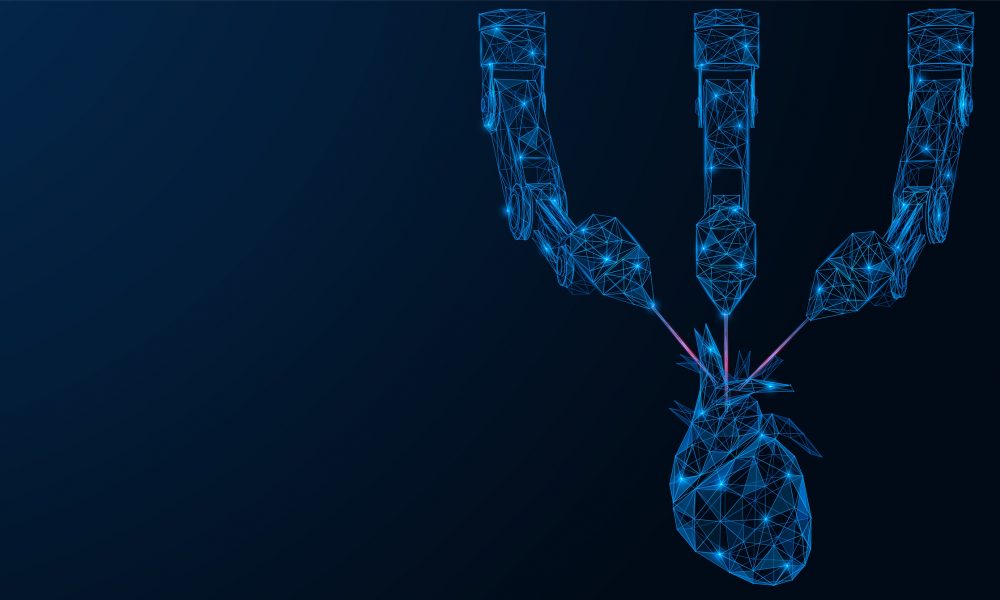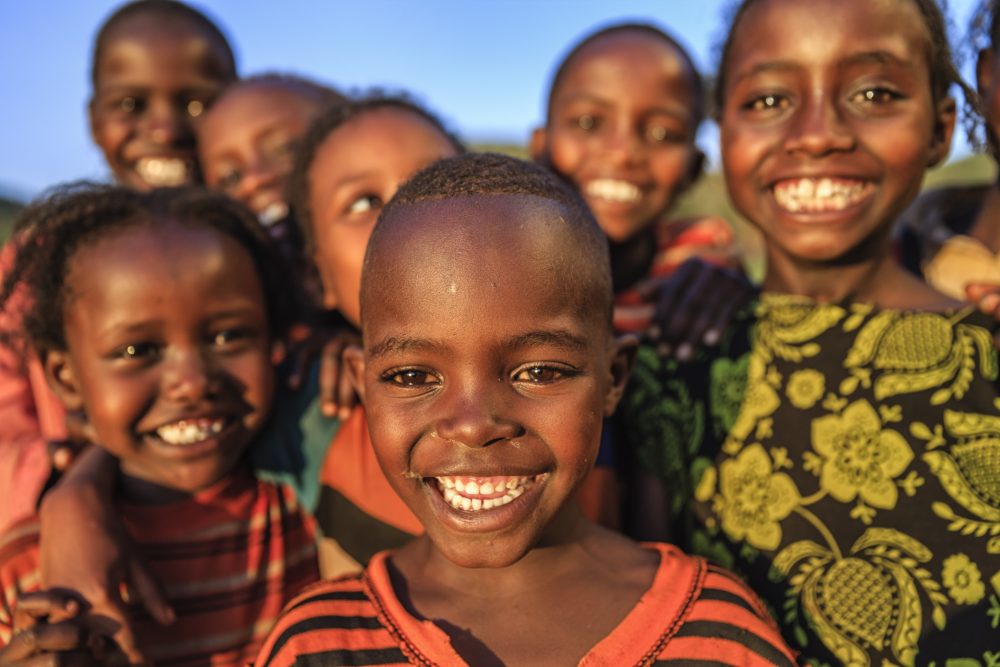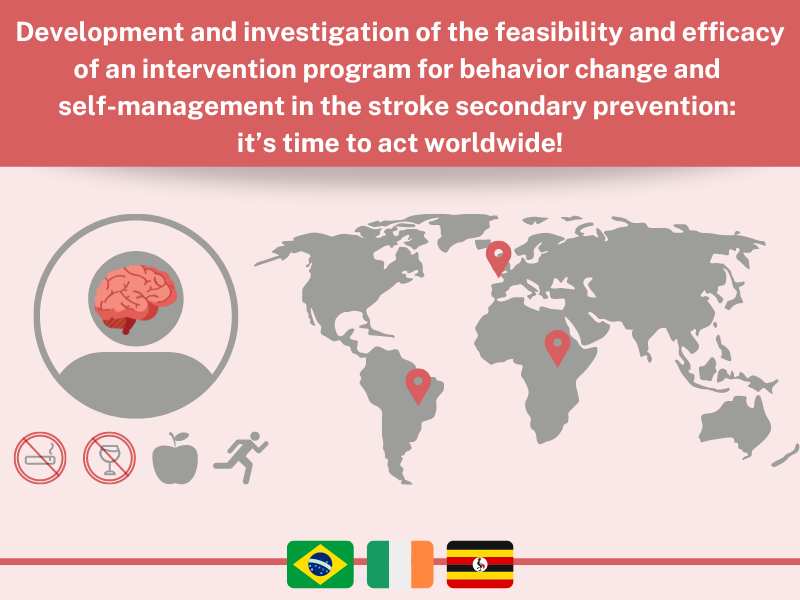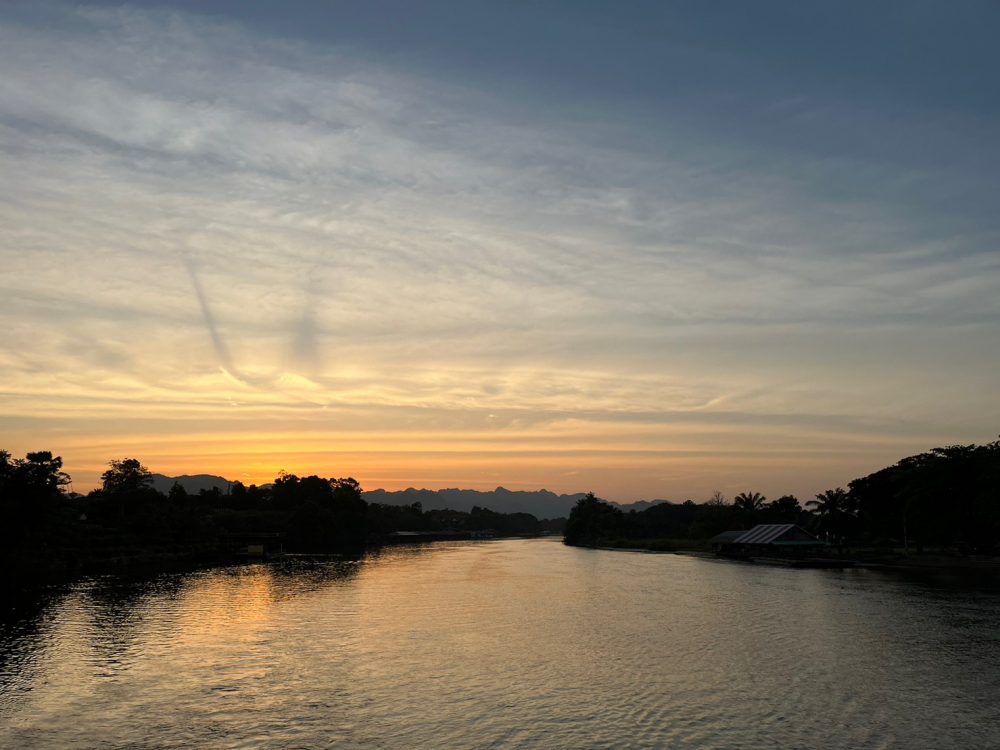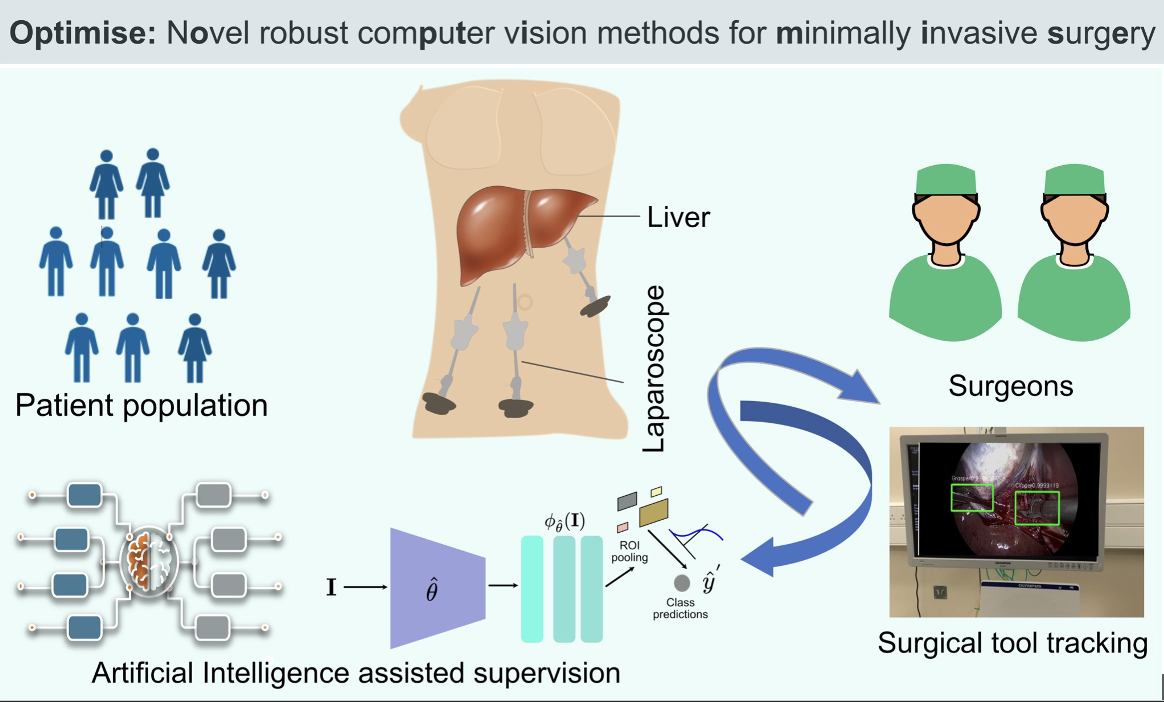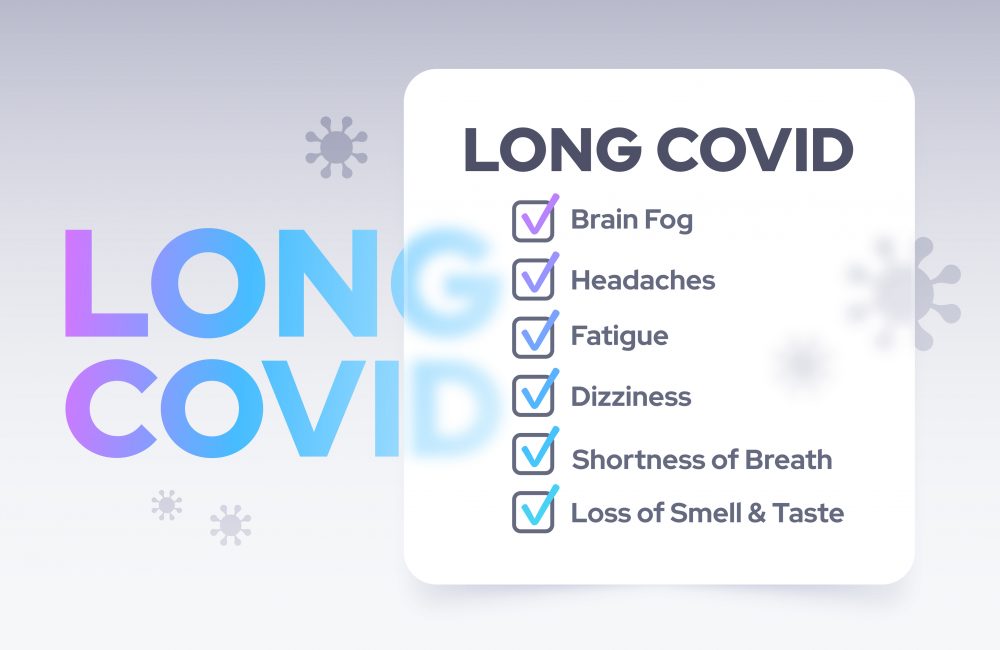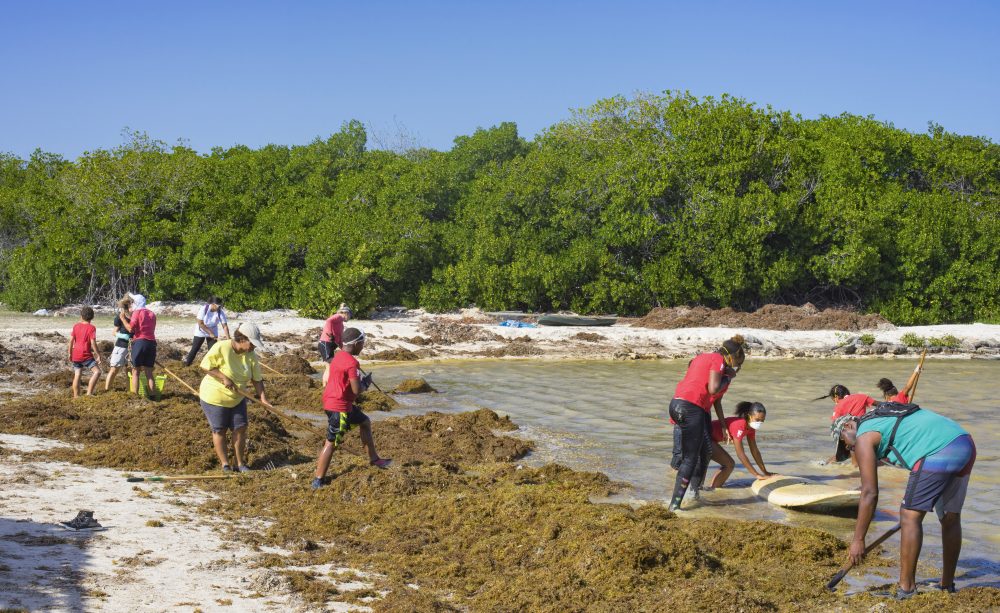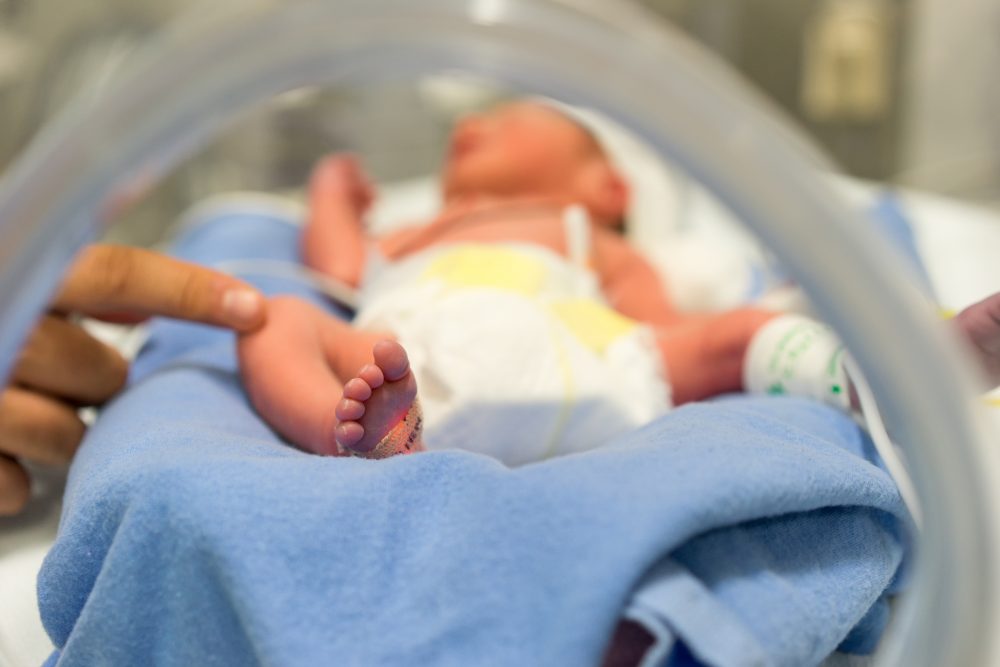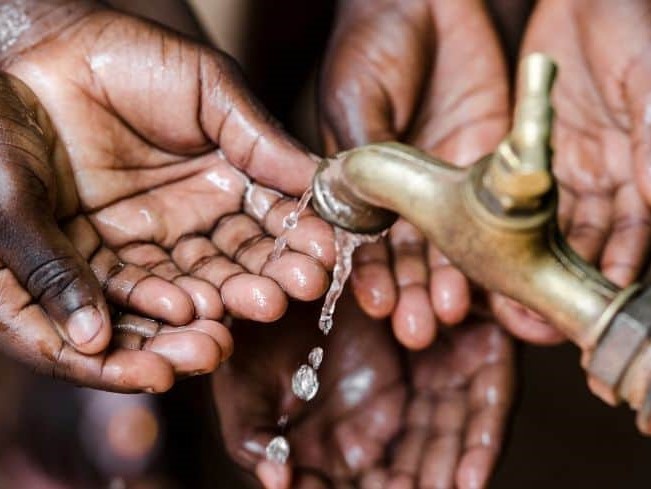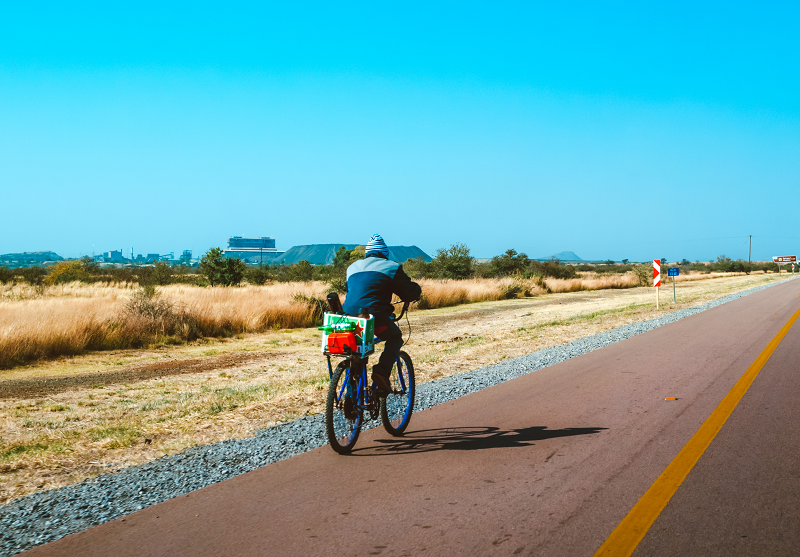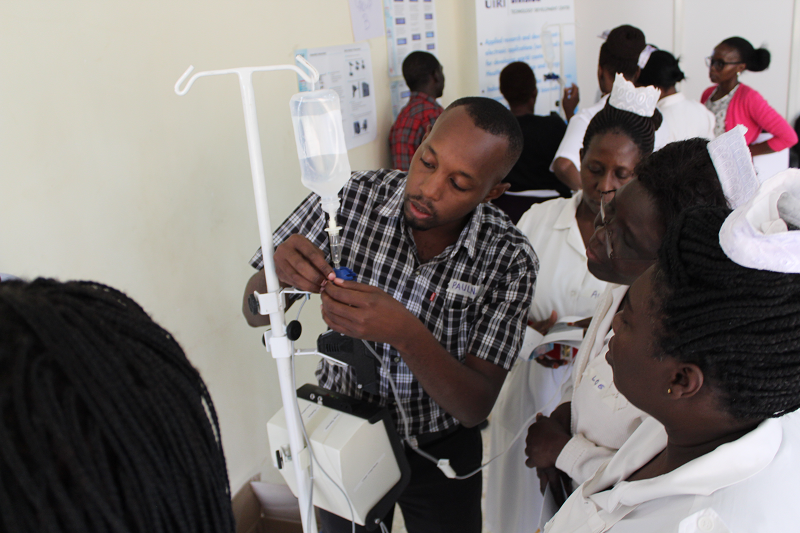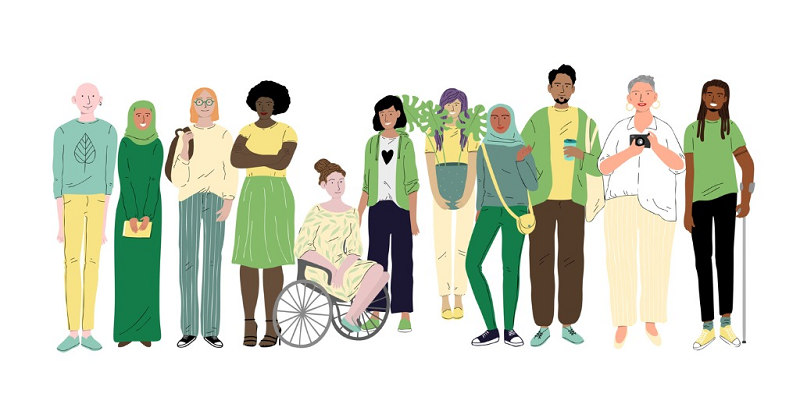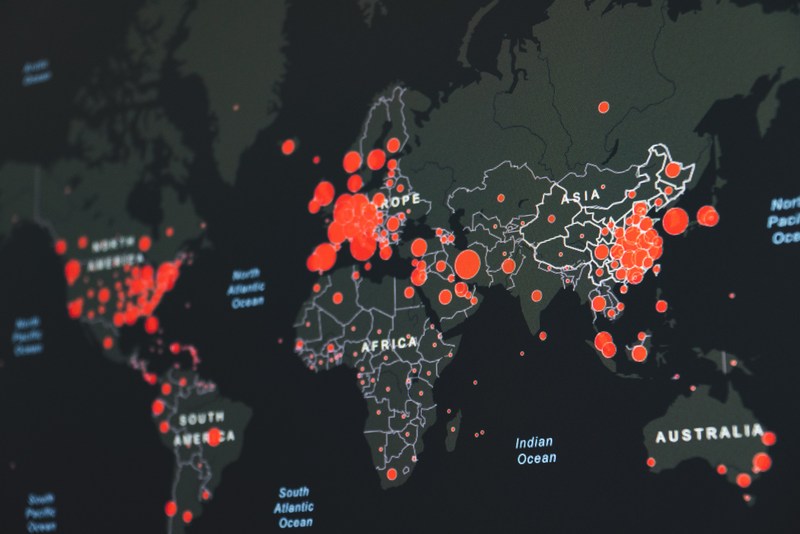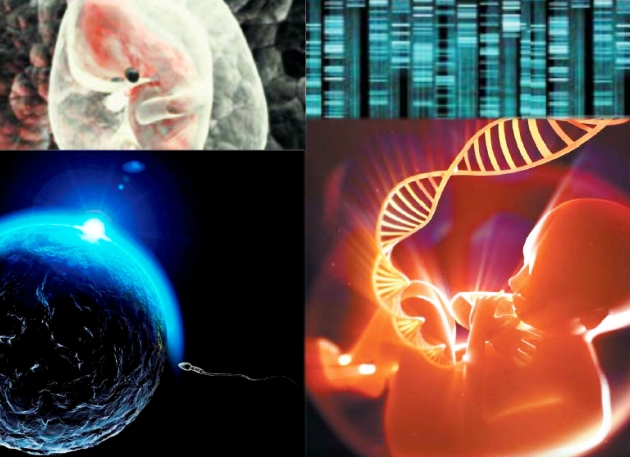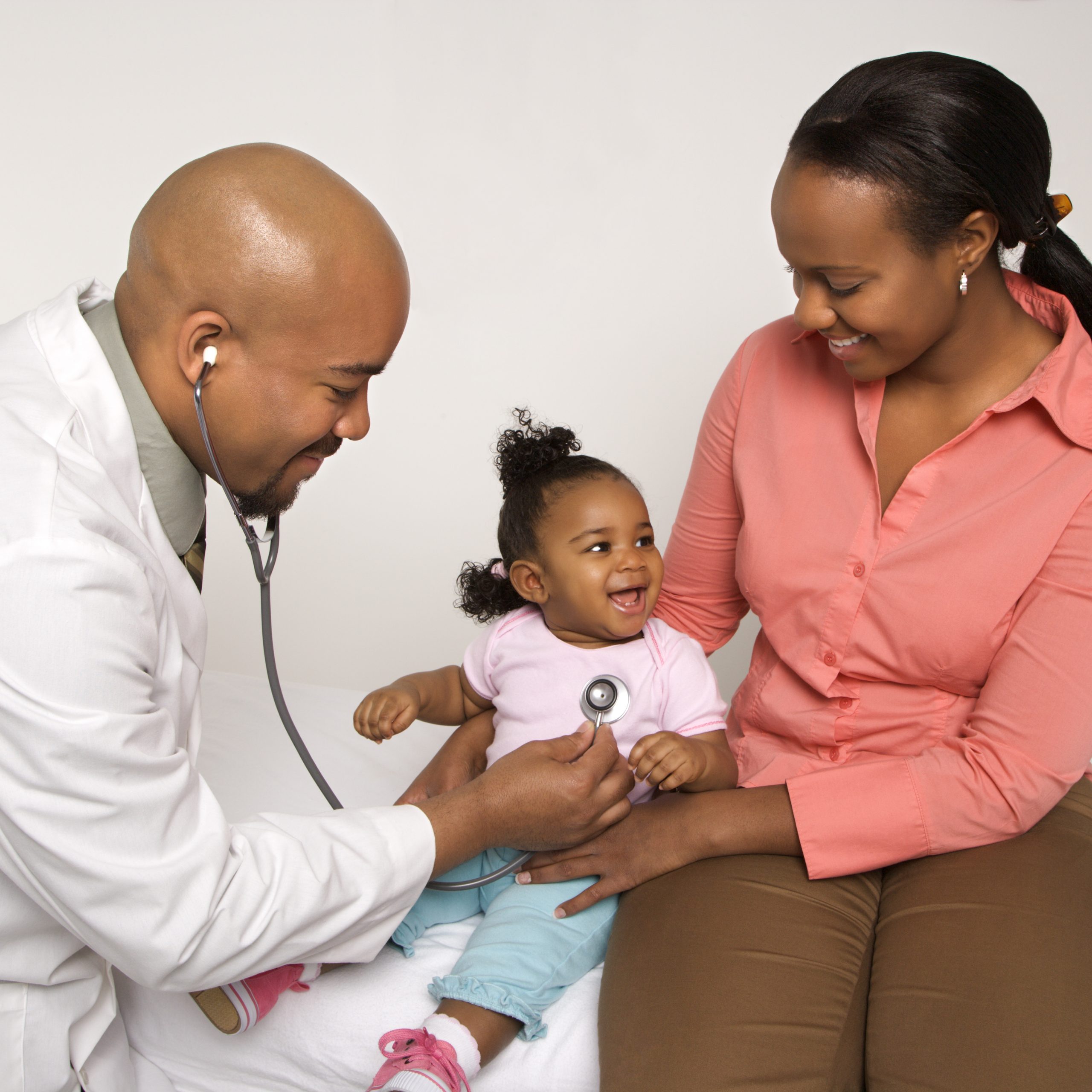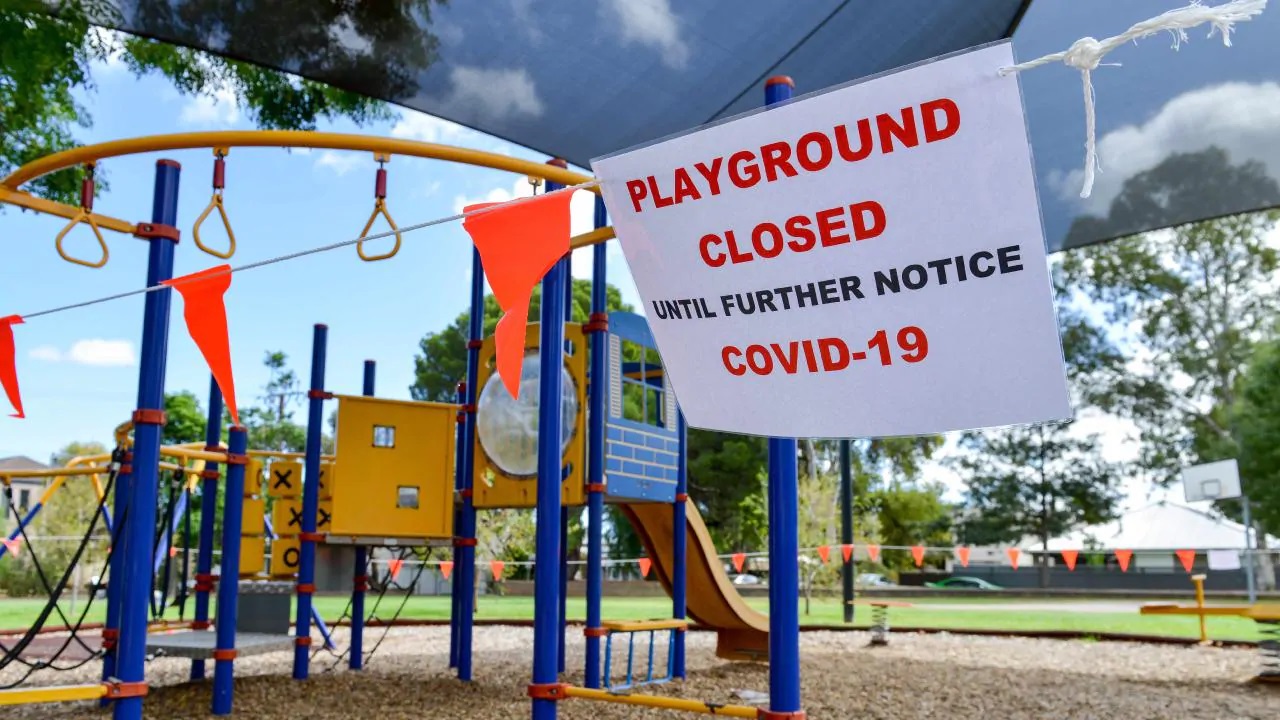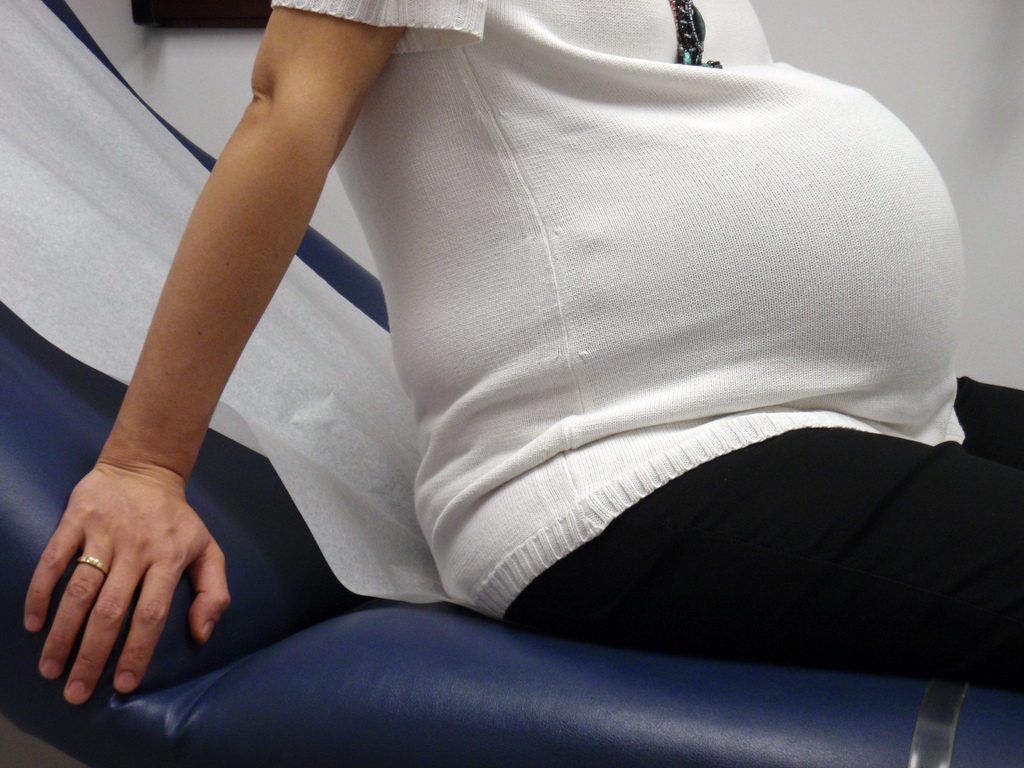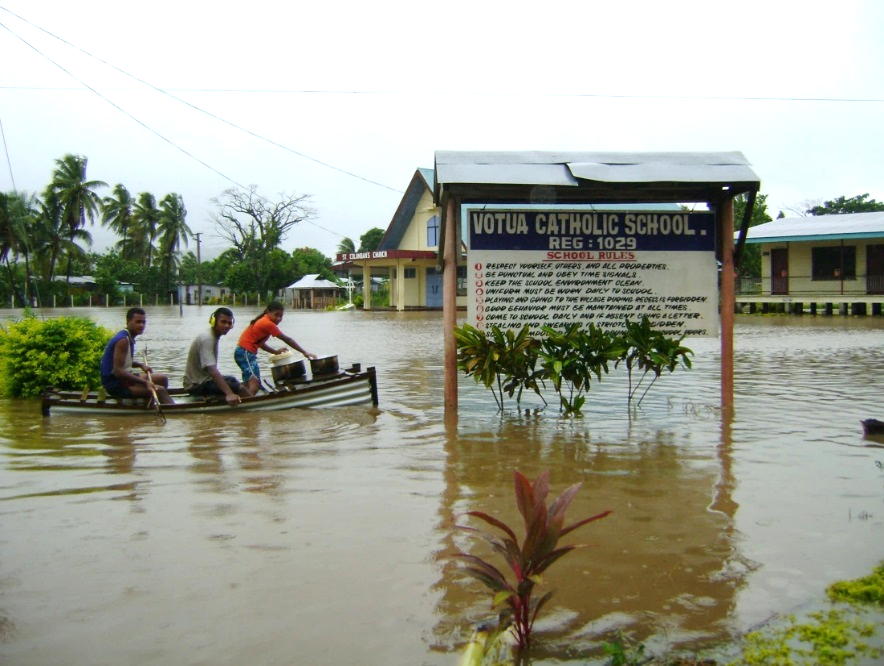WUN Public Health
The WUN Public Health Global Challenge emphasizes a life-course approach to opportunities for addressing challenges, especially in low and middle-income countries and transitioning populations but also in developed societies where there are social disparities in risk. This focus is based on substantial evidence for the inextricable linkage between maternal, perinatal, infant, childhood factors and adult lifestyle factors that accumulate and contribute to the risk of developing NCDs later in life. It is recognised that some non-communicable diseases are linked to communicable disease and some have genetic predisposing factors.
Particular attention will be paid to both population- and individual-based approaches to increase access to education, to promote nutritional and health literacy and physical activity in children, adolescents and parents and to empowering women to reduce the burden of disease, to promote healthy ageing and to provide other benefits such as gender equality and promoting neurocognitive capacities.
The importance of socio-demographic and environmental factors underlies the importance of links with ongoing global initiatives, in particular the UN Sustainable Development Goals announced in 2015, which highlights the importance of the environment for good maternal and child health, food security, climate change and health system responses to global public health.
Steering Group
The Public Health Global Challenge Steering Group is made up of experts in the field from across the network. The Steering Group is responsible for guiding the development, focus and research portfolio of the global challenge.
Global Challenge Chair: Professor Dr David Olson, University of Alberta
Vice Chair: Assistant Professor Roger Chung, The Chinese University of Hong Kong
Academic experts
Professor Vanessa Burholt, The University of Auckland
Professor Cecilie Svanes, University of Bergen
Professor Esperanza Diaz, University of Bergen
Professor Jim Spencer, University of Bristol
Professor Mohamed Aqiel Dalvie, University of Cape Town
Dr Aifric O’Sullivan, University College Dublin
Dr Franklin Glozah, University of Ghana
Professor Mauricio Avendano, University of Lausanne
Dr Owain Williams, University of Leeds
Dr Jill Whittingham, Maastricht University
Dr Richard Mugambe, Makerere University
Professor Guo How-Ran, National Cheng Kung University
Dr Hailun Liang, Renmin University of China
Dr Karlo Lizarraga, University of Rochester
Dr Muhammad Saddiq, The University of Sheffield
Dr Merlin Willcox, University of Southampton
Dr Manuel Perez Jimenez, Tecnologico de Monterrey
Professor Angela Dawson, University of Technology Sydney
Dr Amanda Mason-Jones, University of York
For more information, contact Dr John Bell, WUN Coordinator.

